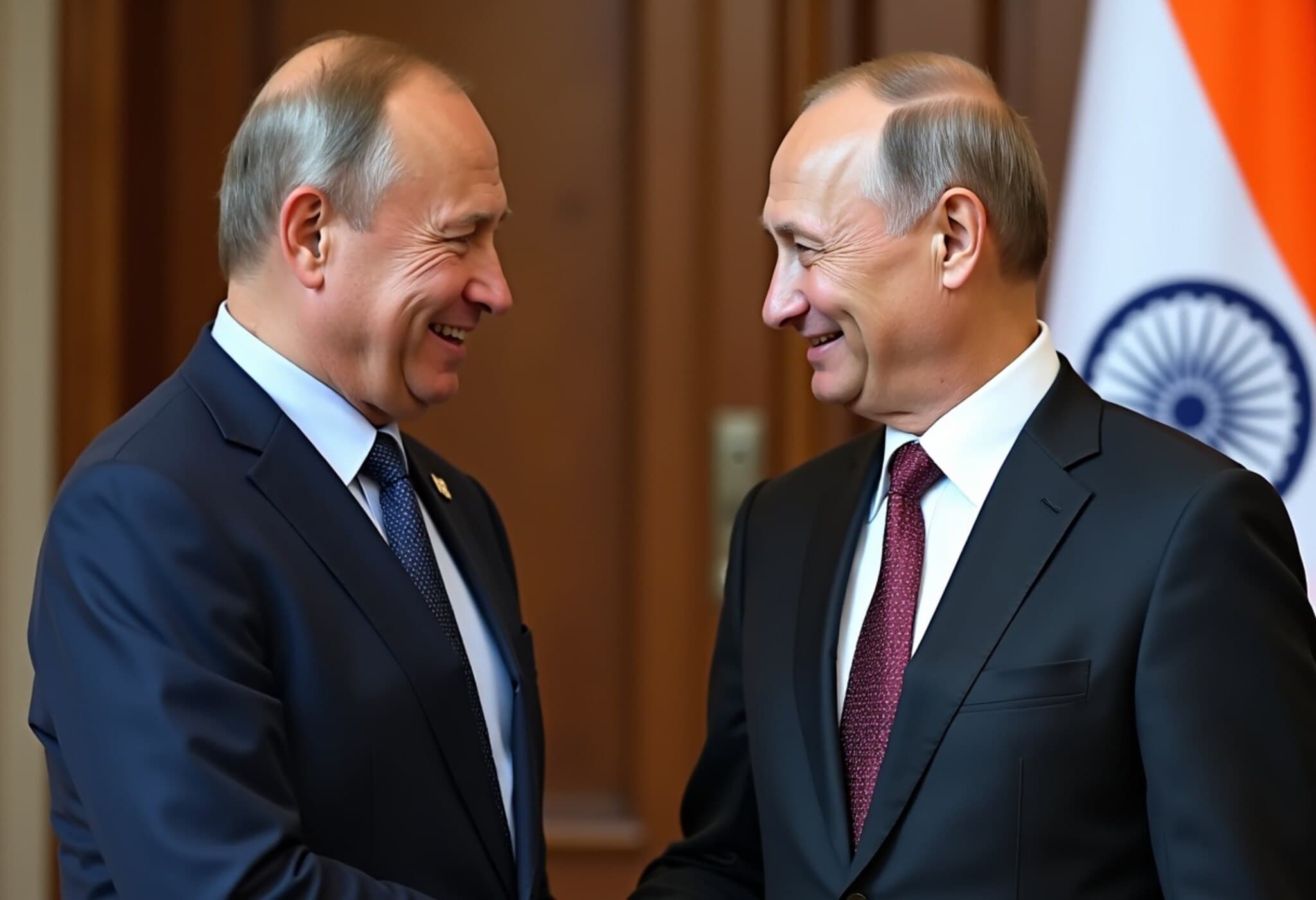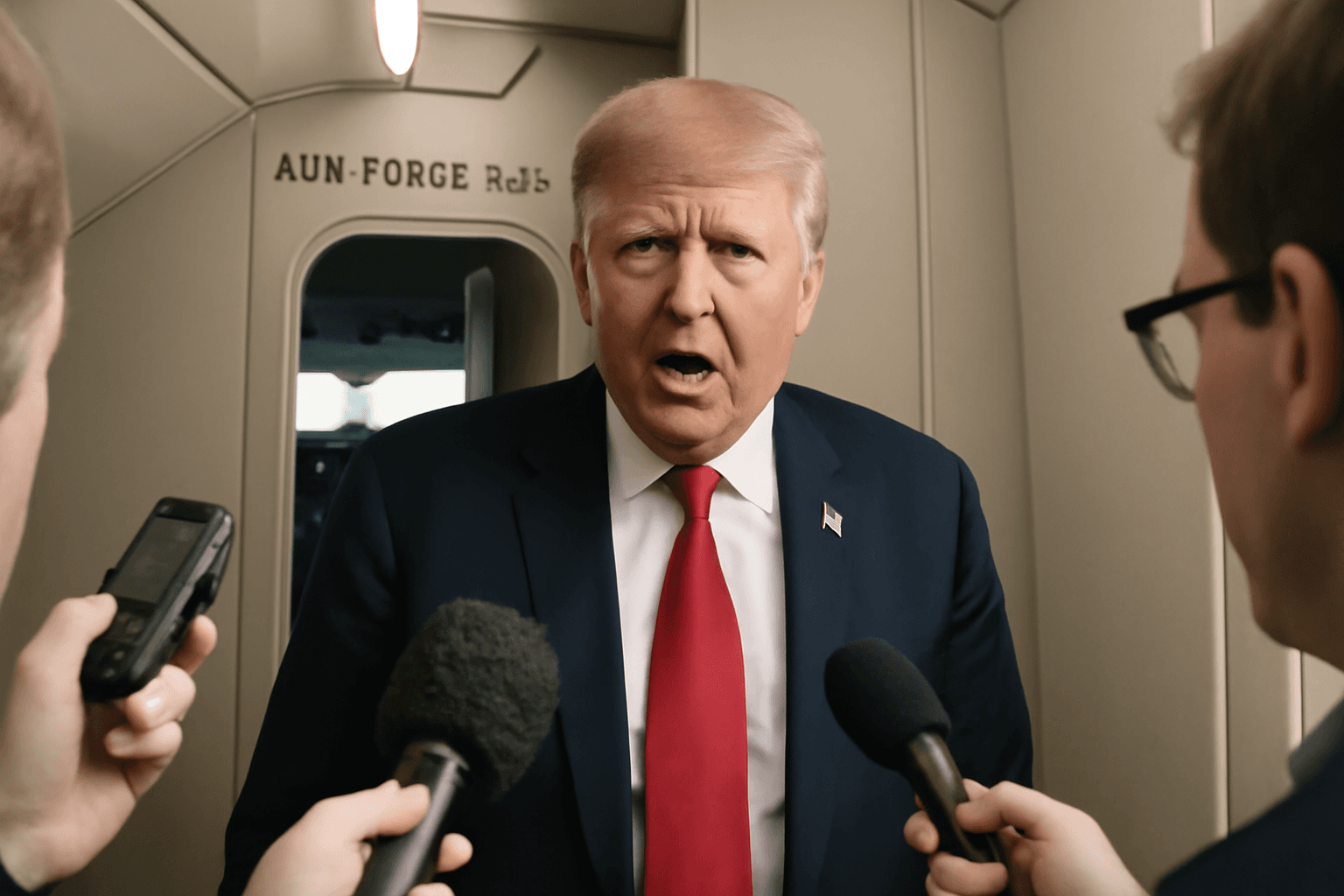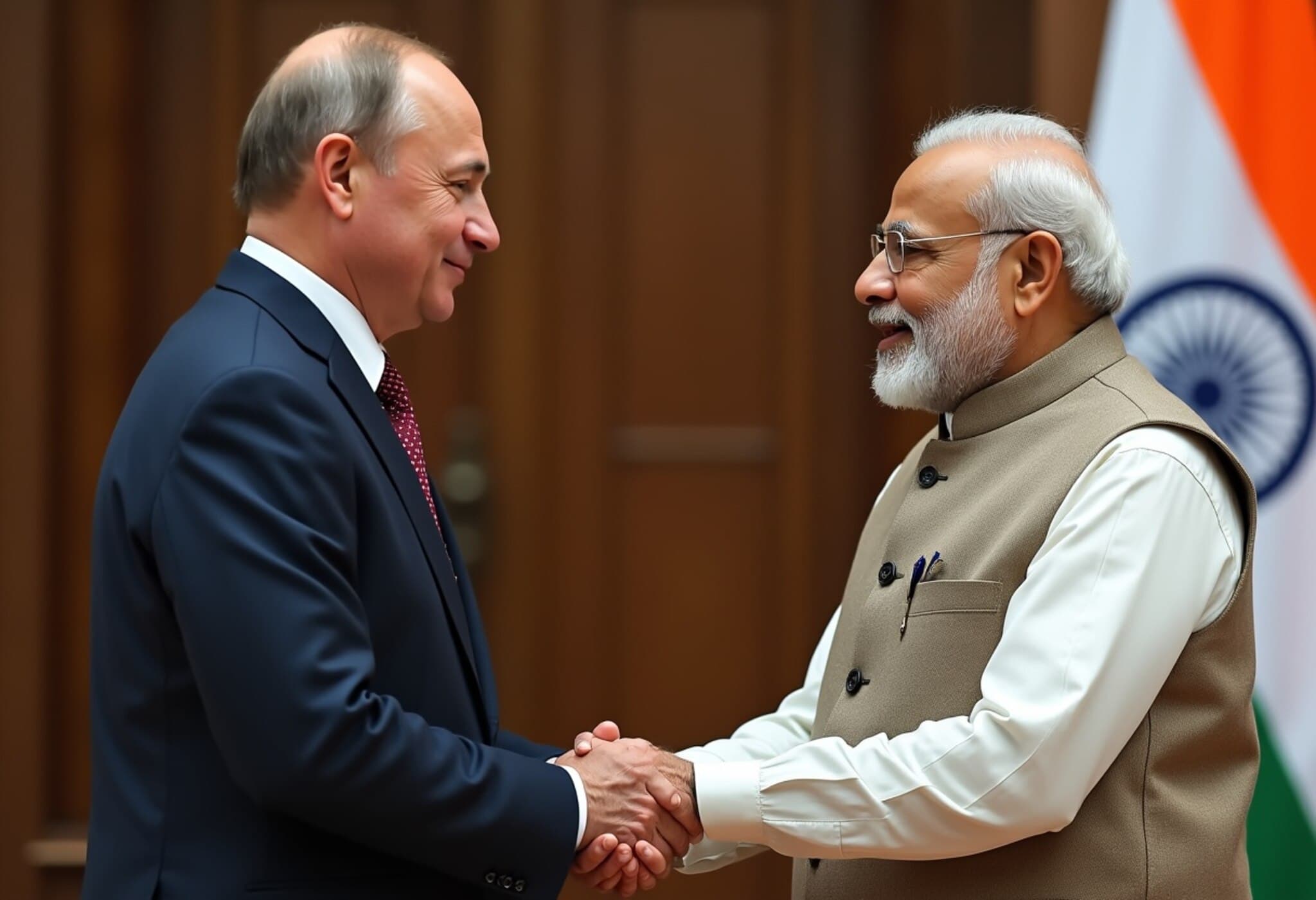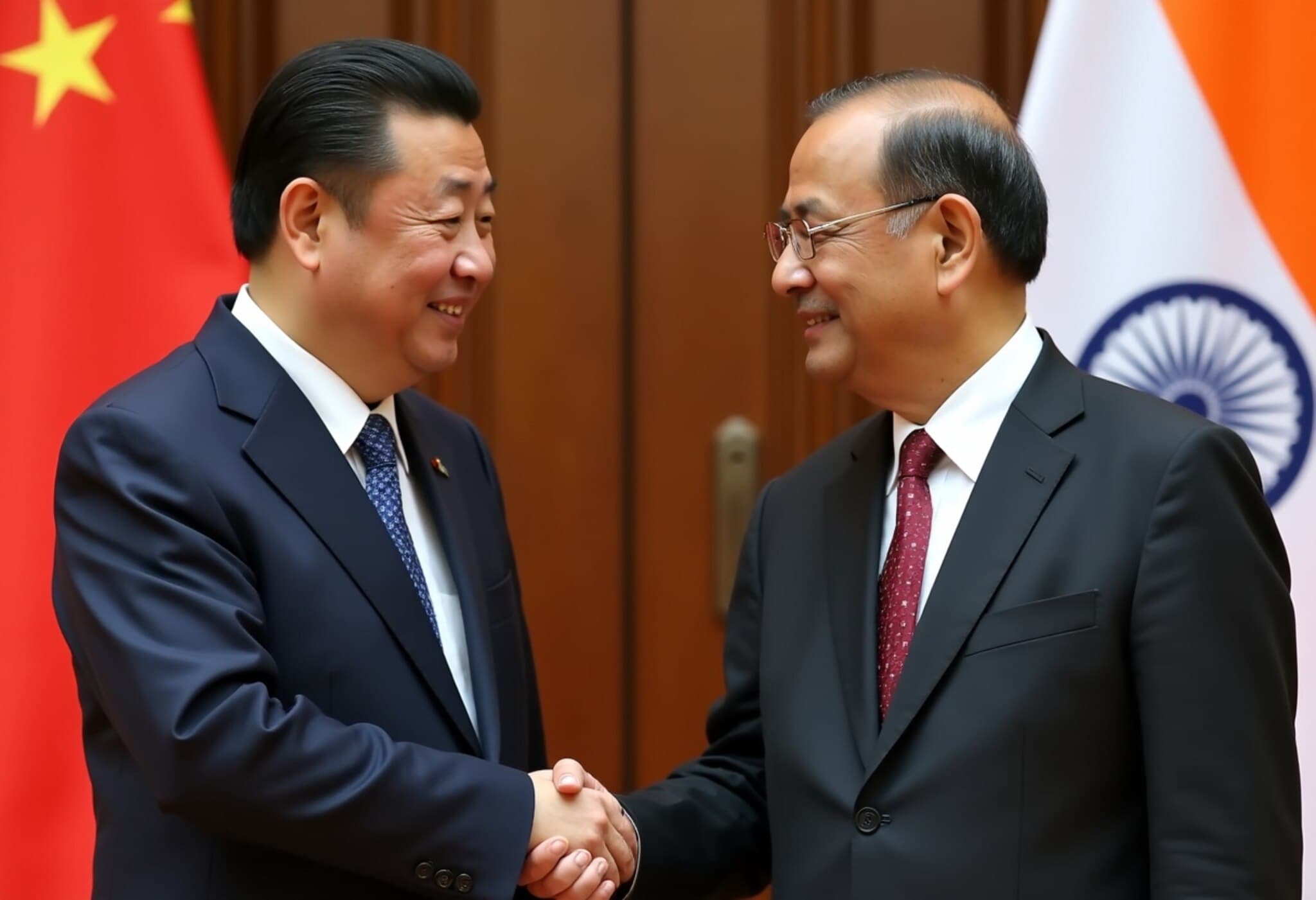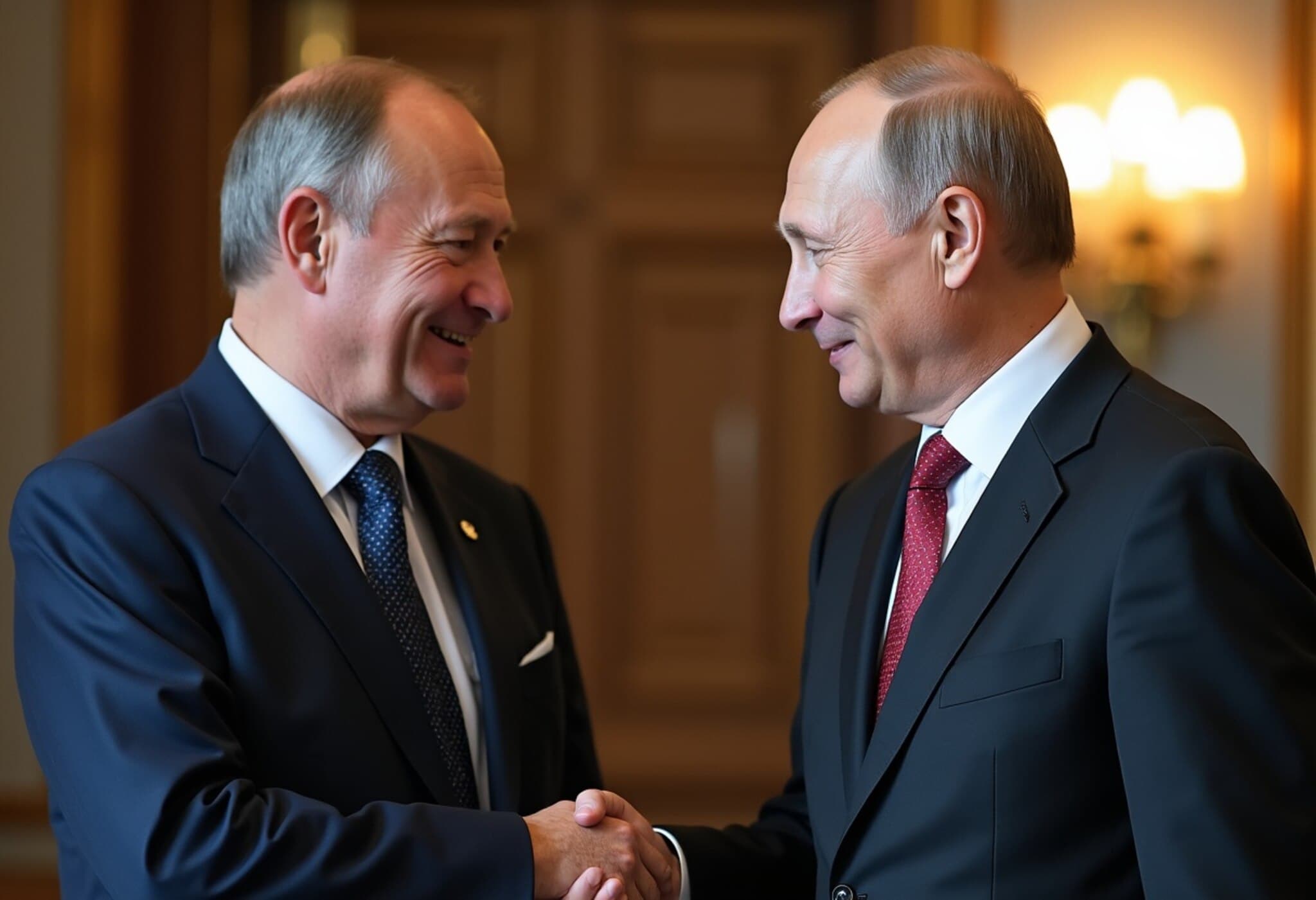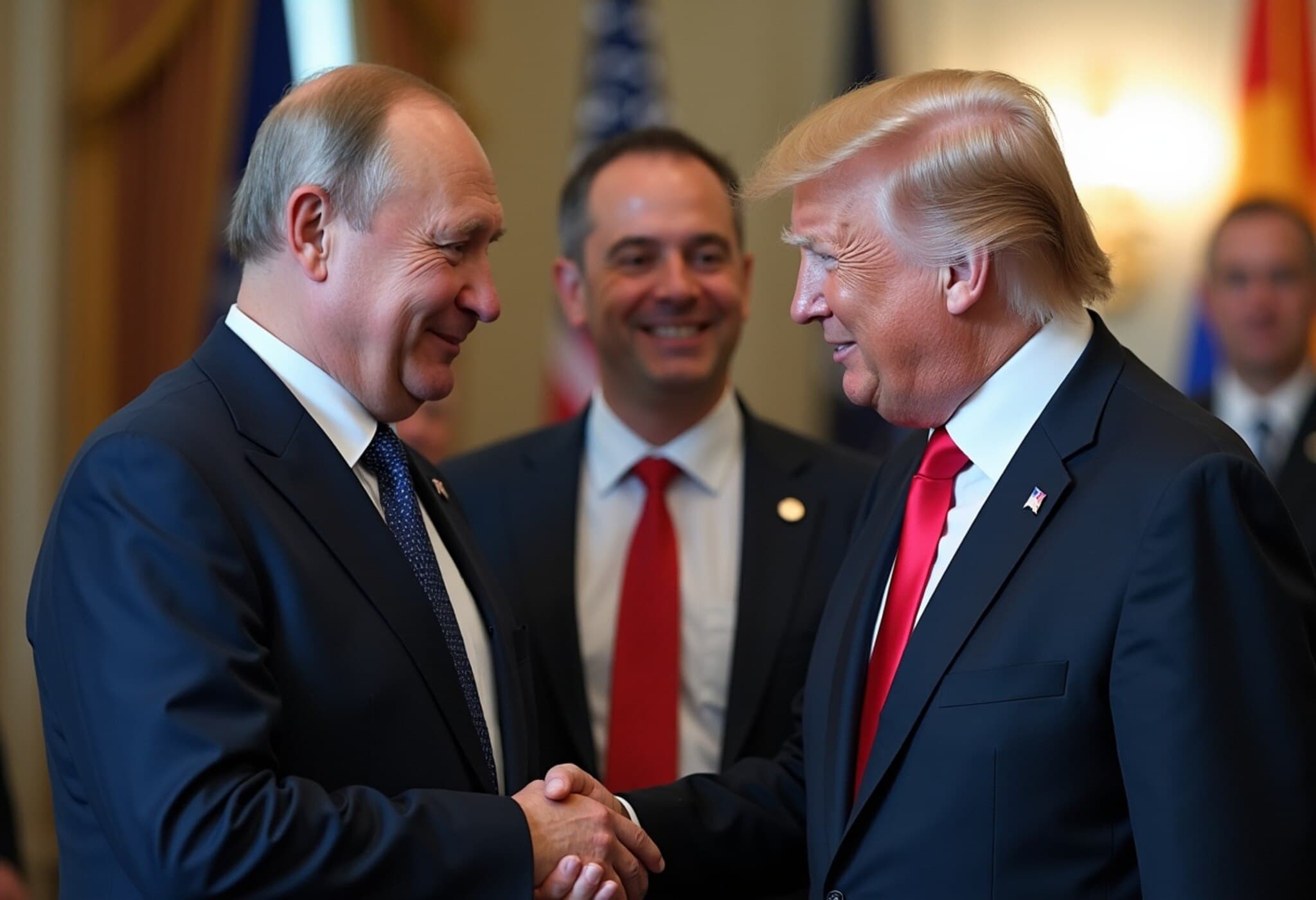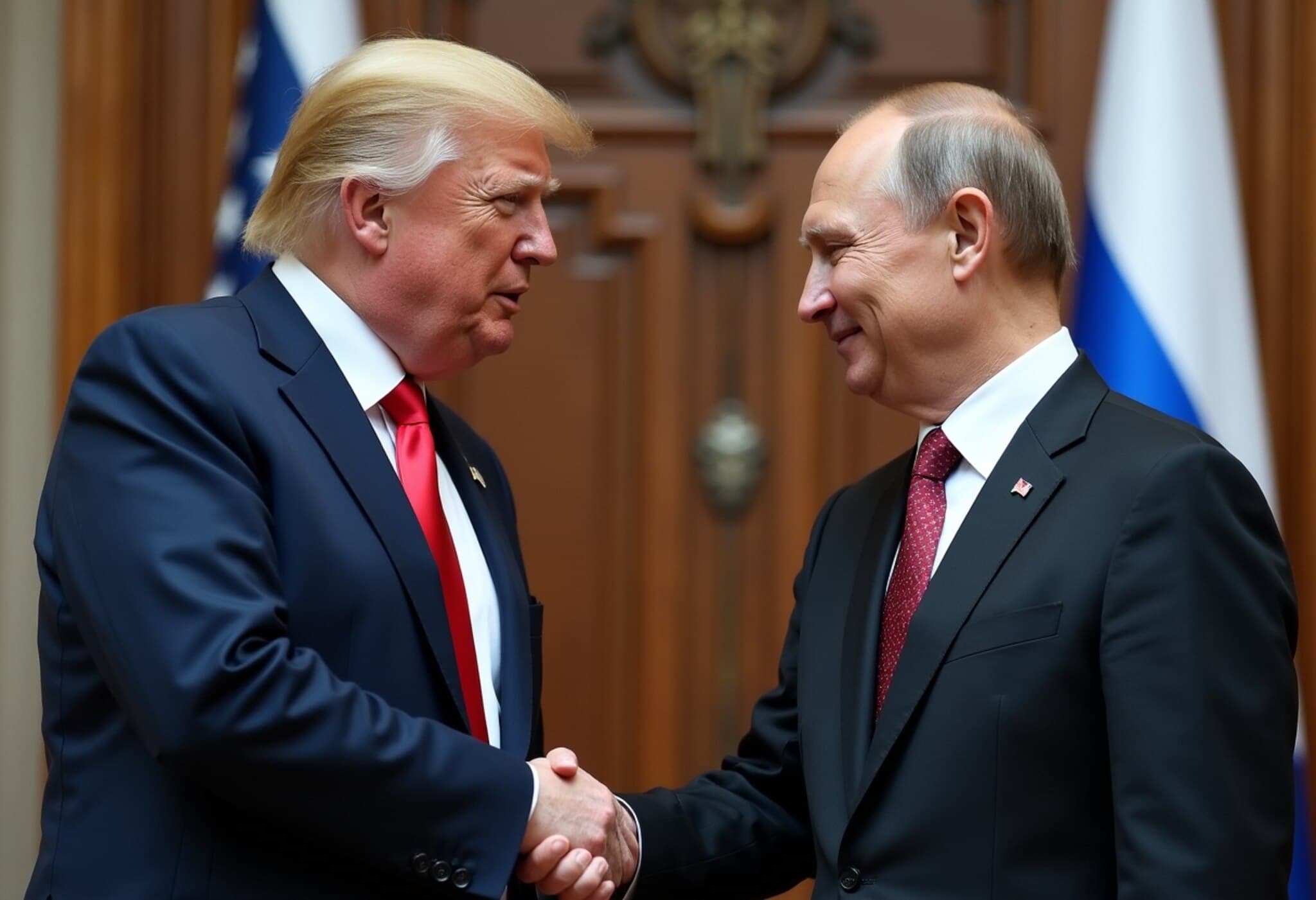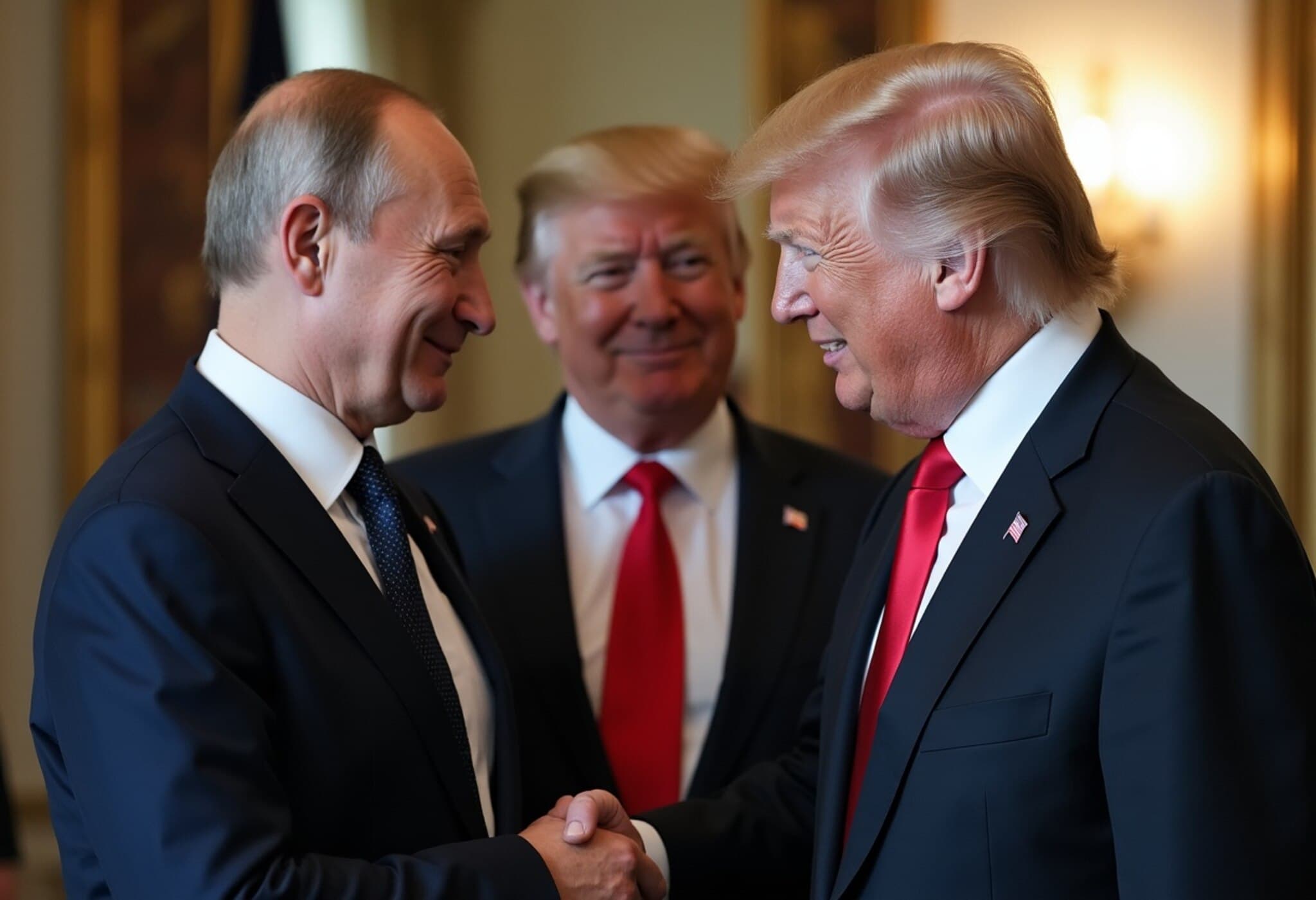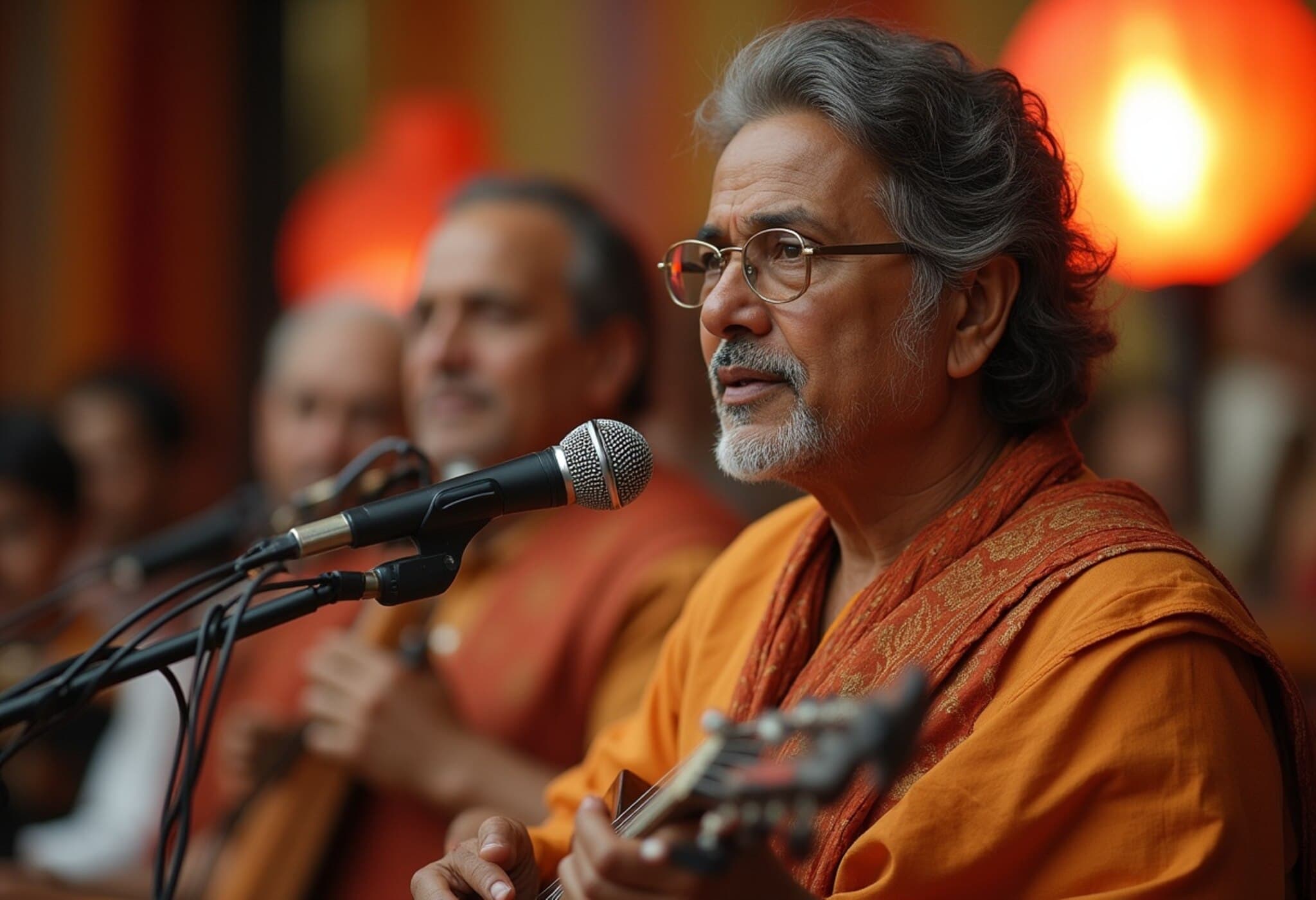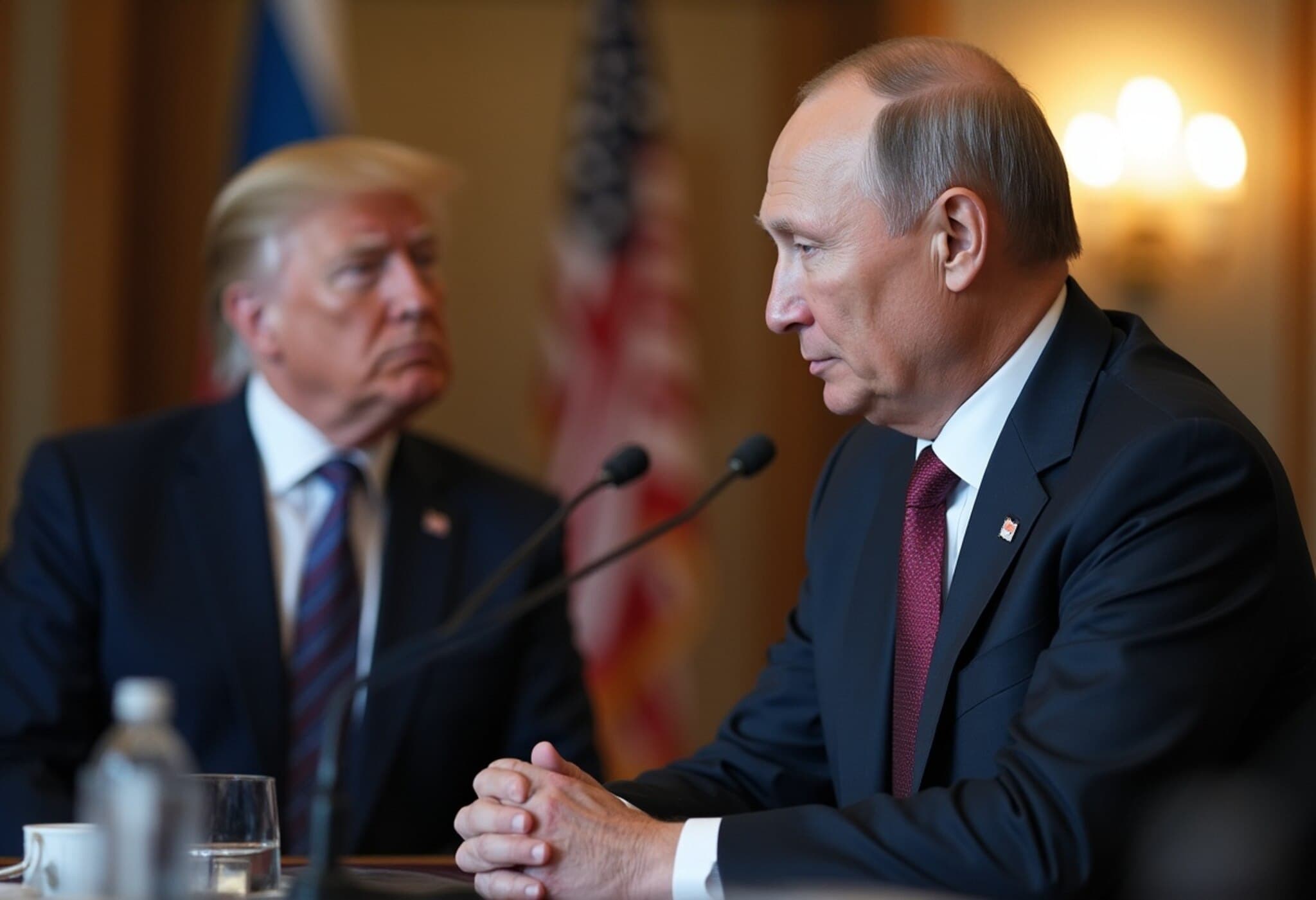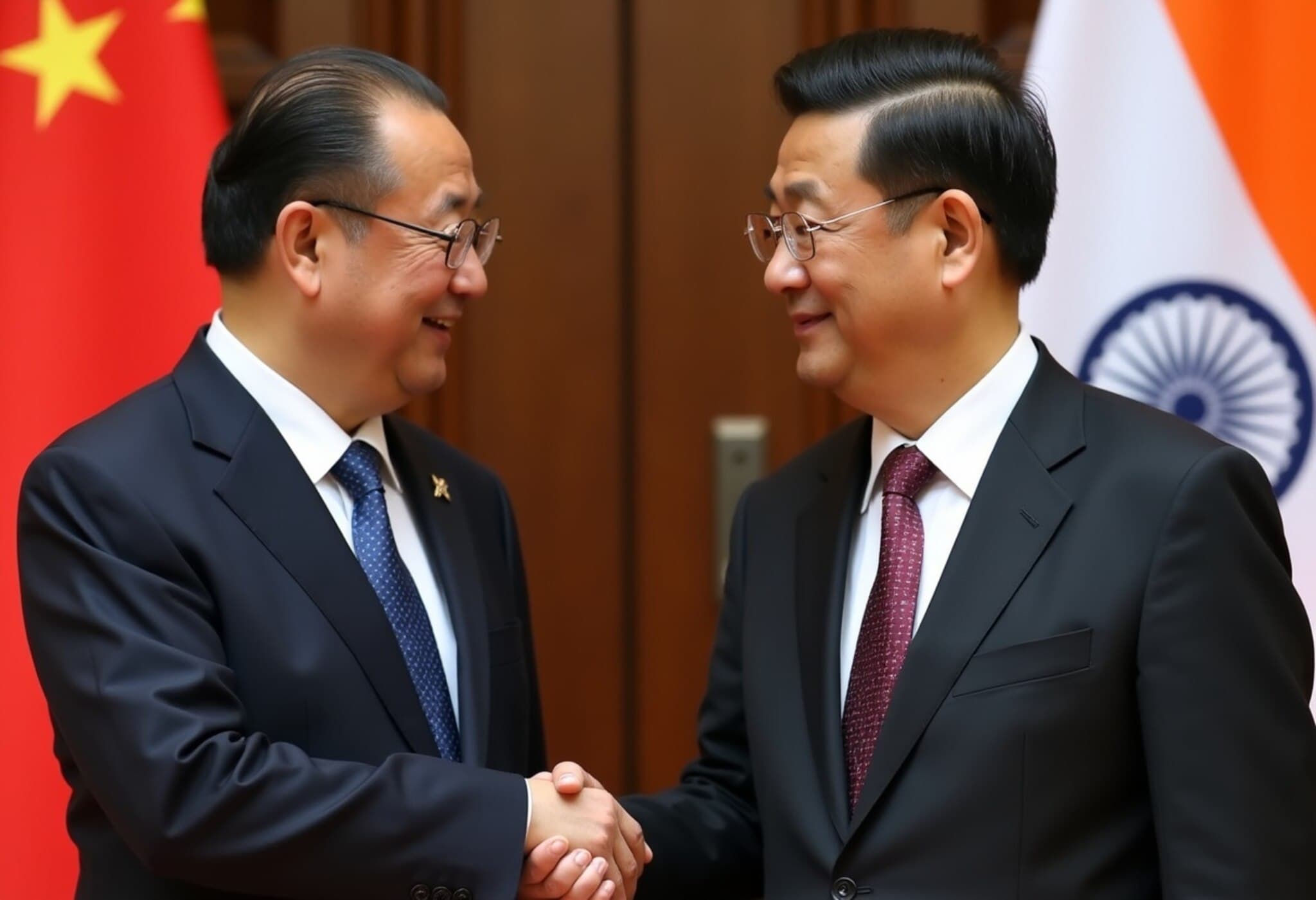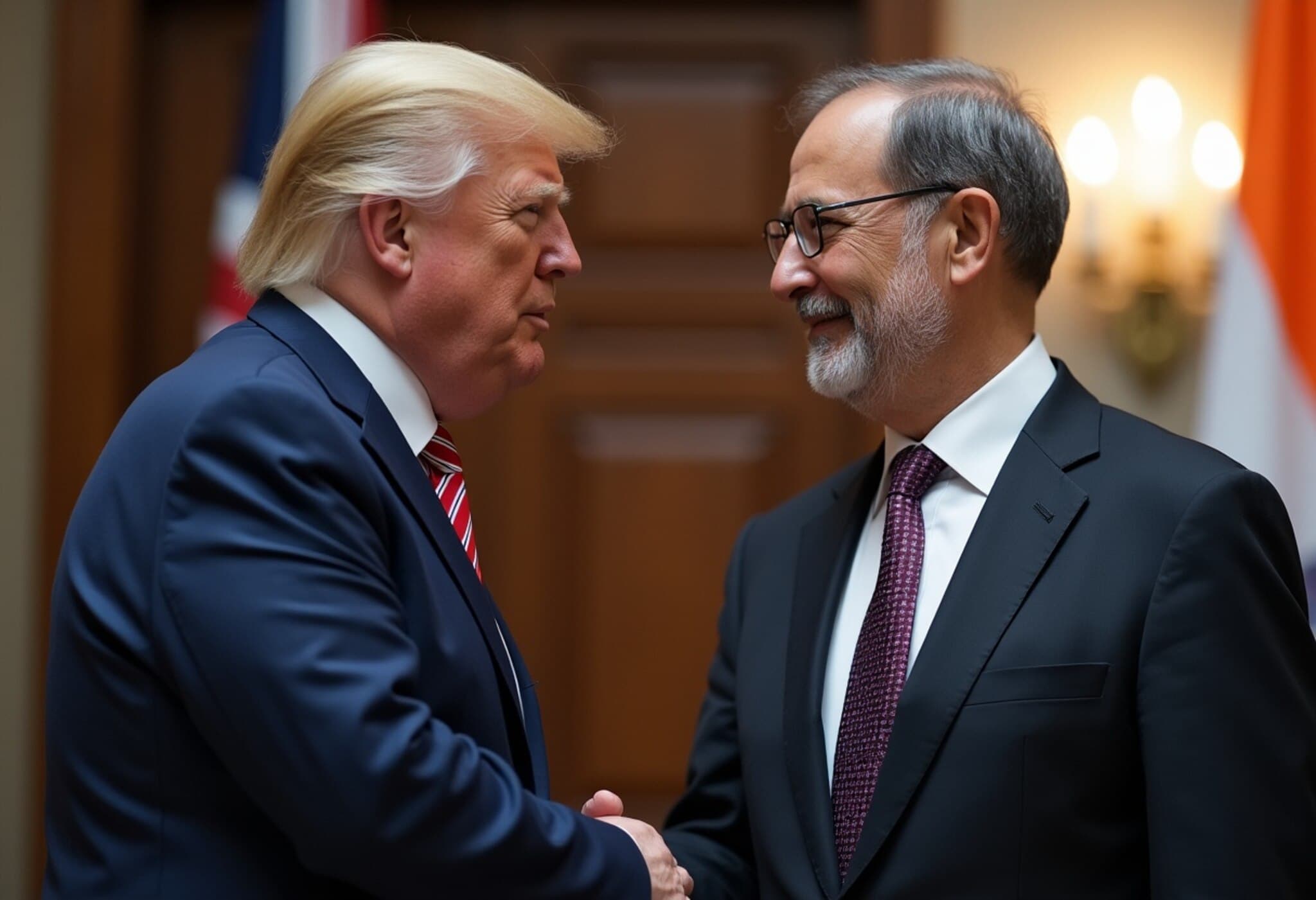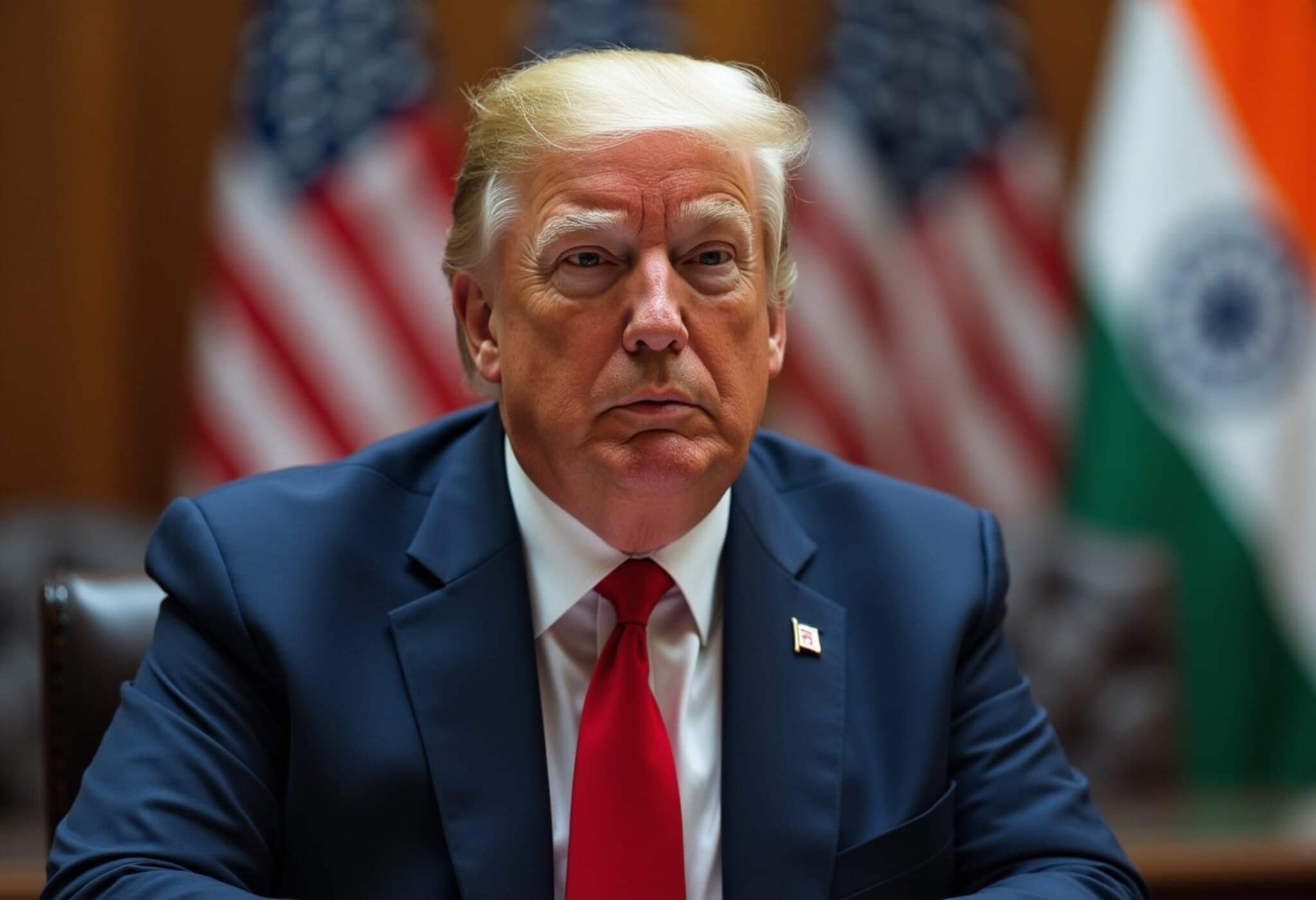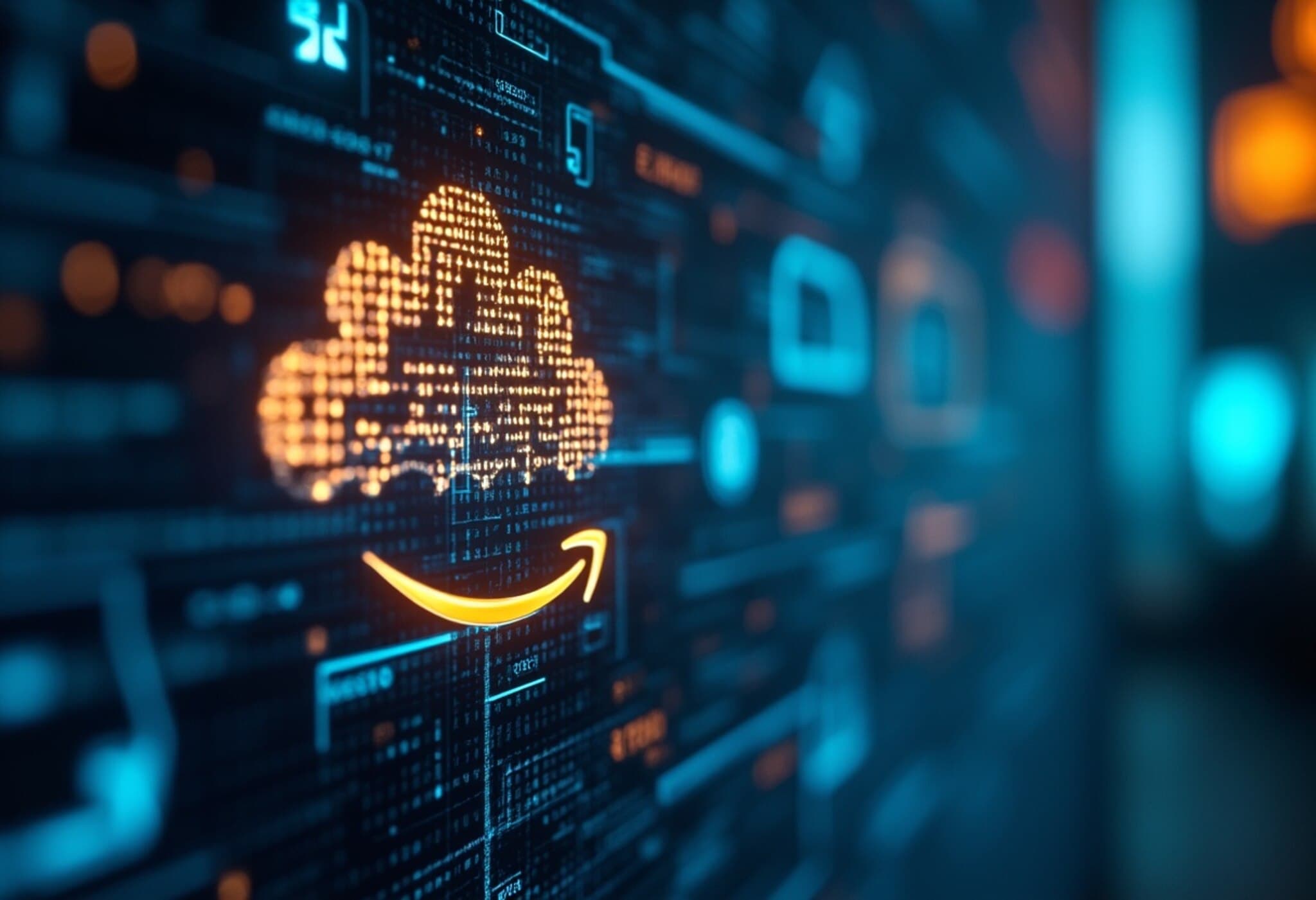President Putin's India Visit: A New Chapter in Strategic Partnership
National Security Adviser (NSA) Ajit Doval confirmed on Wednesday that the dates for Russian President Vladimir Putin’s highly anticipated visit to India have almost been finalized. This announcement marks a significant step forward in the time-tested bilateral relationship between two global powers with a shared strategic vision.
Strengthening the Indo-Russian Bond
During high-level talks in Moscow, Doval expressed enthusiasm about the upcoming visit, stating, “We are very excited and delighted to know about President Putin’s visit to India. I think the dates have almost been finalized now.” His remarks underscore the longstanding friendship, diplomatic synergy, and mutual respect that anchor the Indo-Russian partnership.
This strategic bond has been nurtured over decades, covering areas such as defence, energy, and multilateral cooperation on forums like BRICS and the Shanghai Cooperation Organisation (SCO). Both countries see the visit as an opportunity to deepen collaboration and align their approaches to emerging geopolitical challenges.
High-Level Engagements Pave the Way
Earlier in the day, NSA Doval met with Russian Security Council Secretary Sergey Shoigu. Shoigu emphasized the “strong, time-tested ties of friendship” between the nations, highlighting the importance of sustained political dialogue. “A multi-level trust-based political dialogue is effectively functioning between our countries now,” Shoigu said, referencing regular communication between President Putin and Prime Minister Narendra Modi.
Shoigu further stressed Moscow’s commitment to strengthening the special privileged strategic partnership with India, which is grounded in mutual respect, trust, equal consideration of each other's interests, and a shared agenda for peace and stability.
Geopolitical Context and Economic Considerations
NSA Doval’s visit to Moscow is as much about laying groundwork for the summit as it is about navigating complex geopolitical currents. His meetings aim to focus on critical themes such as defence cooperation and energy security, two pillars of the Indo-Russian alliance.
Notably, this diplomatic engagement coincides with increasing economic tensions. On the same day as Doval’s arrival, US President Donald Trump issued an executive order doubling tariffs on Indian imports to 50%, penalizing India for continuing to import Russian oil. This development amplifies the geopolitical tightrope India walks, balancing relations with both Moscow and Washington.
Looking Ahead: Outcomes and Expectations
Doval expressed optimism that the summit would steer the bilateral relationship towards “tangible and substantial results.” The visit is expected to reinforce commitments on energy collaboration, defence deals, and broader diplomatic coordination, offering fresh momentum to a partnership often described as a cornerstone of India’s foreign policy.
Observers and analysts note that beyond statecraft and economic deals, this visit represents a subtle assertion of multipolar global diplomacy, where India and Russia chart an independent course amid shifting international power equations.
Expert Insight: Why This Visit Matters Now
From a geopolitical perspective, President Putin’s visit to India could signal a recalibration of alliances in Eurasia. Both nations confront Western pressures yet emphasize sovereignty and strategic autonomy. This visit may also deepen India’s engagement with alternative trade and energy partners, critical as it seeks energy security amid volatile global oil markets and Western sanctions on Russia.
Moreover, the timing reflects India’s nuanced foreign policy approach ahead of several key international summits, reinforcing its role as a mediator and influential player in shaping a ‘new world order’ where international law and multilateralism are respected.
Underreported Narratives
- Economic Impact on India: How will India's energy imports from Russia evolve amid Western sanctions?
- Defence Cooperation: What new deals or joint ventures might unfold from this visit?
- Multilateral Diplomacy: How might this visit influence outcomes in forums like BRICS and SCO?
- US-India-Russia Triangle: Balancing relations with Washington and Moscow amid competing interests.
Editor's Note
As President Putin's visit draws near, its implications stretch beyond ceremonial diplomacy. This interaction represents a vital juncture in international relations, testing the resilience of historic partnerships against a backdrop of sanction regimes, shifting alliances, and global economic uncertainty.
For readers and policymakers alike, it prompts critical questions: How will India navigate its strategic autonomy while managing competing pressures? Will this reaffirmation of ties catalyze new milestones in India-Russia cooperation, or will external factors temper expectations? Observers must watch closely as these developments unfold to understand the evolving fabric of global geopolitics.

